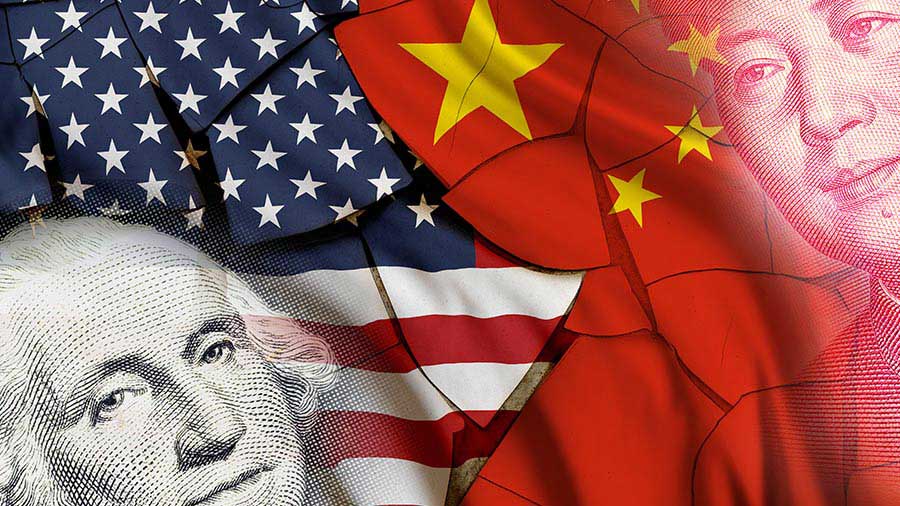China and US have been building up tension which has reached a new boiling point, with the US government issuing a stern warning against potential “dumping” of Chinese goods into global markets. This accusation, laden with historical and economic complexities, raises crucial questions about the future of the world’s two largest economies and the potential for a renewed trade war.
The Accusation: China’s Market Intervention
The US Treasury Department expressed concerns that China’s recent economic stimulus measures, including subsidies and relaxed regulations, could lead to an unfair advantage for Chinese businesses. The fear is that these interventions could artificially lower production costs, allowing Chinese companies to undercut competitors in global markets through “dumping,” a practice where goods are sold below their fair market value.
Financial and Geopolitical Implications
The accusation of dumping carries significant financial and geopolitical weight. If Chinese goods flood the market at artificially low prices, it could harm US businesses across various sectors, leading to job losses and economic disruptions. This could also exacerbate existing trade imbalances, further straining the already tense relationship between the two superpowers.
China’s Response: Refusal and Retaliation
China has vehemently denied the allegations of dumping, calling them “unfounded and irresponsible.” They argue that their economic measures are aimed at stimulating domestic demand and promoting economic recovery, not gaining an unfair advantage in international trade. Additionally, China has warned the US against taking any protectionist measures, hinting at potential retaliation if the US imposes sanctions or tariffs.
Read:China’s Stock Market Shock
Historical Baggage: The Ghost of Trade War 1.0
The current tensions evoke memories of the bruising trade war between the US and China during the Trump administration. Imposed tariffs and retaliatory measures inflicted significant damage on both economies, disrupting supply chains and raising consumer prices. The scars of that conflict remain, making both sides wary of escalating tensions into another full-blown trade war.
China Vs US: Dialogue and Cooperation
Despite the sharp rhetoric, there’s still room for dialogue and cooperation to avoid a trade war 2.0. Open communication channels, transparent economic policies, and adherence to international trade rules are crucial for navigating this complex situation. Both sides need to recognize the potential consequences of escalating tensions and prioritize finding mutually beneficial solutions.
Market Reaction: Cautious Optimism, Lingering Concerns
Financial markets have reacted with cautious optimism to the recent developments. While there’s an undercurrent of concern about the potential for a trade war, investors are hoping that both sides will ultimately choose diplomacy over confrontation. The stability of global markets hinges on a peaceful resolution to this dispute.
Looking Ahead:A Tightrope Walk for Global Trade
The US-China trade relationship is at a crossroads. The potential for cooperation and economic prosperity exists, but the risk of a renewed trade war looms large. The coming months will be critical in determining whether the two giants can navigate this complex situation and ensure a stable and prosperous global trading environment.



